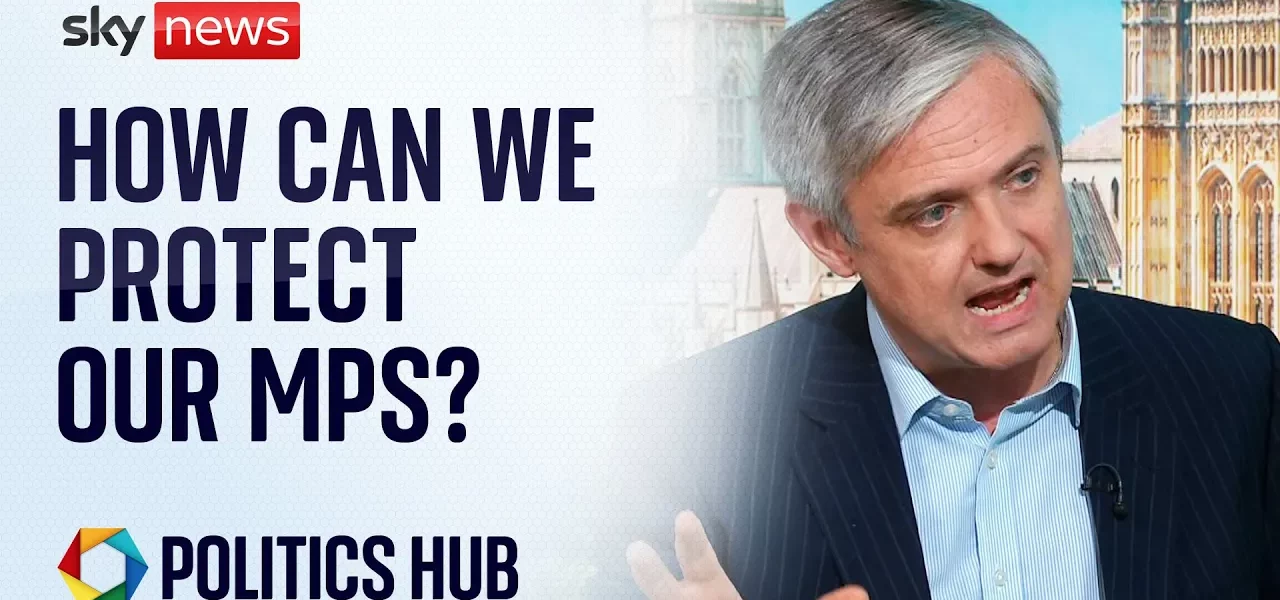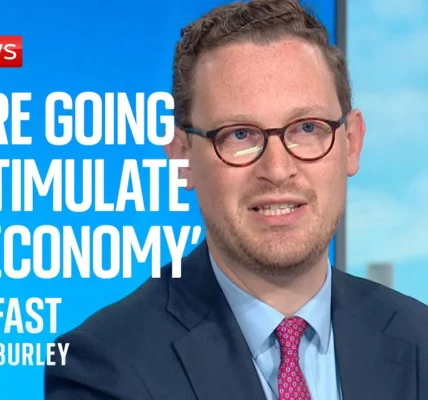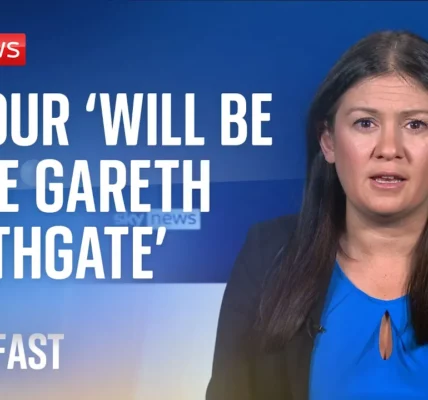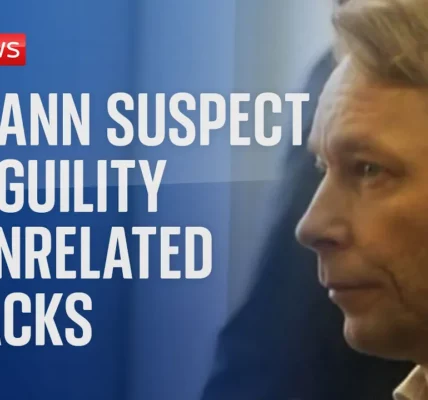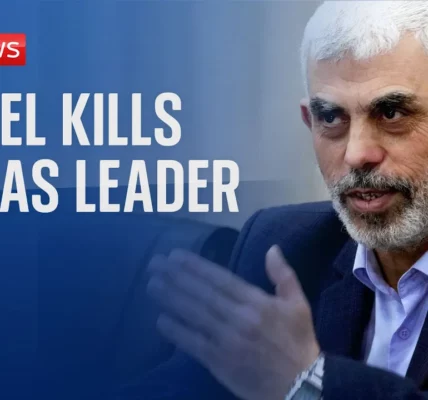Addressing Political Violence and Intimidation of MPs: Insights from Lord John Woodcock

This article delves into the concerning rise of political violence and intimidation faced by Members of Parliament (MPs) in the UK, featuring expert insights from Lord John Woodcock, who has been vocal about the need for protective measures and cultural change in political discourse.
Introduction
The recent assassination attempt on former President Donald Trump has reignited discussions about the risks faced by public officials across the globe. In the UK, the political landscape has also seen a troubling increase in the intimidation of MPs. Lord John Woodcock, a life peer and former advisor to the Conservative government, has called for an inquiry into these rising threats. This article explores the implications of such violence, the cultural drivers behind political intimidation, and the necessary measures to protect those who serve in public office.
The Reality of Political Violence
Political violence is not a new phenomenon, but recent events underscore its growing severity. The attempted assassination of a high-profile figure such as Donald Trump serves as a grim reminder of the vulnerabilities faced by politicians worldwide.
Historical Context
Assassinations and attempts on the lives of politicians have occurred throughout history, with the UK experiencing tragedies such as the murders of Jo Cox and David Amess. These incidents have highlighted the potential dangers inherent in public service.
Current Trends
- Increased threats against MPs
- Higher levels of security required for public officials
- Growing fear among politicians about their safety and that of their families
The Role of Intimidation in Political Discourse
Intimidation tactics have become alarmingly prevalent in political campaigns and public discourse. Lord Woodcock emphasizes the need to distinguish between passionate debate and aggressive intimidation.
Understanding Intimidation
Intimidation can manifest in various forms, including:
- Verbal threats during public engagements
- Vandalism, such as slashing tires or defacing property
- Online harassment through social media platforms
The Impact on Democracy
This culture of intimidation not only affects individual MPs but also poses a significant threat to the fabric of parliamentary democracy, undermining the principles of free speech and debate.
Proposed Solutions to Enhance MP Safety
In response to the rising threats against MPs, Lord Woodcock advocates for several key measures aimed at enhancing security and addressing the root causes of political violence.
Increased Security Measures
One of the immediate steps suggested includes:
- Implementing enhanced security protocols for MPs at public events
- Providing close protection services similar to those afforded to senior government officials
- Investing in training for MPs on how to handle aggressive confrontations
Cultural Change in Political Discourse
Beyond physical security, there is a pressing need for a cultural shift:
- Encouraging respectful dialogue between opposing political factions
- Establishing clearer boundaries between protest and intimidation
- Promoting the importance of civil discourse in democratic societies
Conclusion
The increasing threats faced by MPs in the UK are a significant concern for democracy. As highlighted by Lord John Woodcock, it is crucial to address both the immediate security needs of public officials and the underlying cultural issues that contribute to political violence. By fostering a safer environment for debate and ensuring the protection of those who serve, we can work towards a more robust and resilient democratic process. For more insights on political safety, visit our related articles on political discourse and MP security measures.
“`
